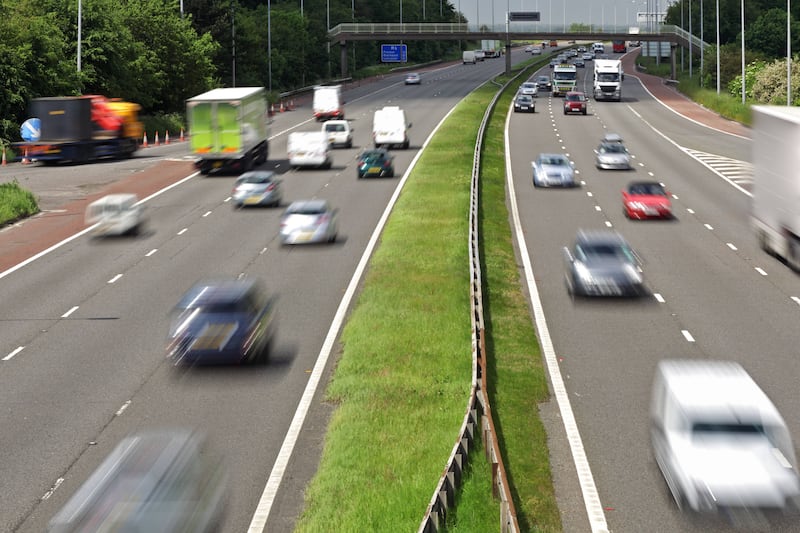A new car tax system came into force at the start of April 2017.
The tax - properly called Vehicle Excise Duty, or VED - applies to all cars registered for the first time after April 1 2017.
As with the outgoing system, the amount of tax paid in the first year depends on the vehicle's carbon dioxide emissions.
However, the only cars which aren't now liable for VED in the first year are those with zero emissions - essentially, pure electric vehicles.
This contrasts with the outgoing system which waived VED for all cars with CO2 emissions up to 130g/km.
When that tax regime was introduced, most cars struggled to better 130g/km.
But today, because the average CO2 emissions for new cars has dipped under 120g/km in the UK, the government has lost a source of once reliable revenue.
That's why drivers of cars which used to attract zero VED in the first year can now expect to be charged up to £160.
In the second year, a so-called standard rate takes over.
For cars fuelled by petrol or diesel, this is £140 annually. For hybrids and cars fuelled by LPG or bioethanol, the rate is £130 annually. Vehicles with zero CO2 emissions pay nothing.
On top of the standard rate, cars which have a published list price of more than £40,000 attract an additional £310 tax bill.
This additional rate is applied for five years, after which it reverts to the relevant standard rate of zero, £130 or £140.
The government reckons the new VED system will allow it to pull in around £1.4 billion of extra tax revenue up to 2021.
| CO2 g/km | First year rate | Standard annual rate | Cars over £40,000 |
| 0 | £0 | £0 |
Standard rate plus £310 annually for five years, then the relevant standard rate |
| 1-50 | £10 |
£130 for hybrids
£140 for petrol and diesel cars
| |
| 51-75 | £25 | ||
| 76-90 | £100 | ||
| 91-100 | £120 | ||
| 101-110 | £140 | ||
| 111-130 | £160 | ||
| 131-150 | £200 | ||
| 151-170 | £500 | ||
| 171-190 | £800 | ||
| 191-225 | £1,200 | ||
| 226-255 | £1,700 | ||
| Over 255 | £2,000 |



